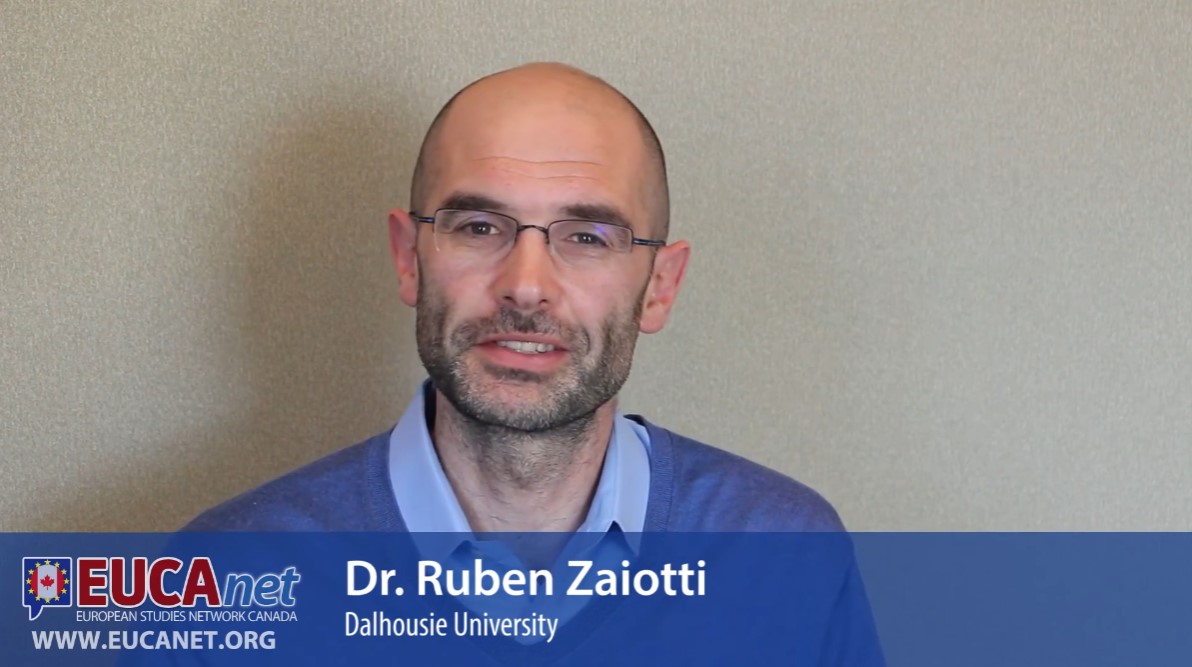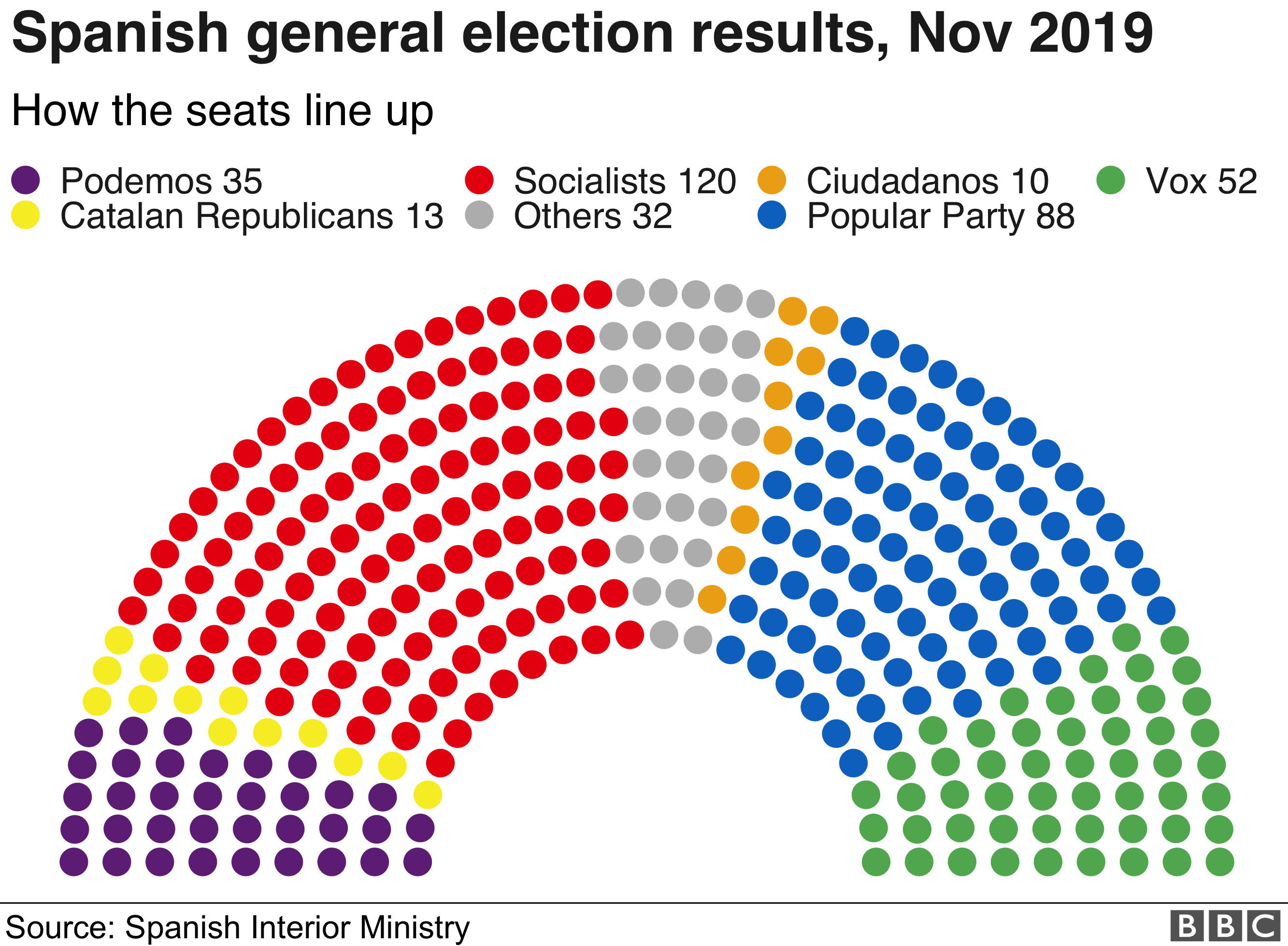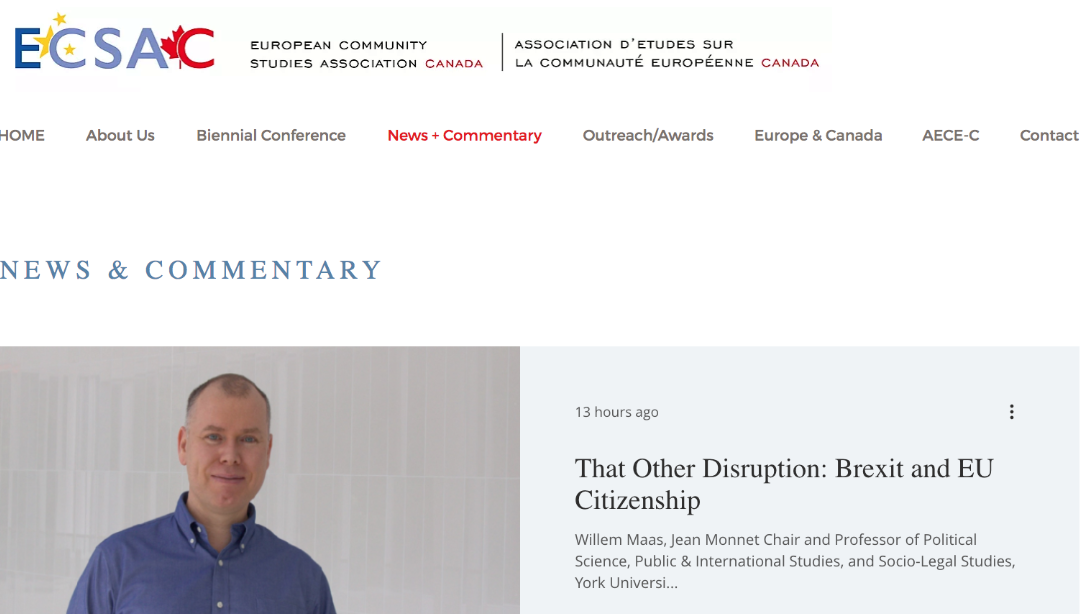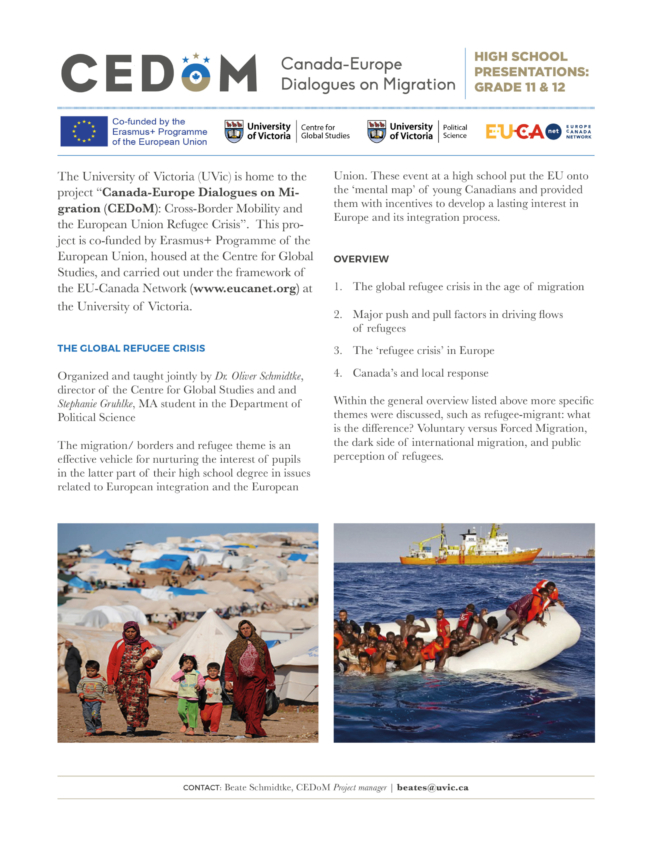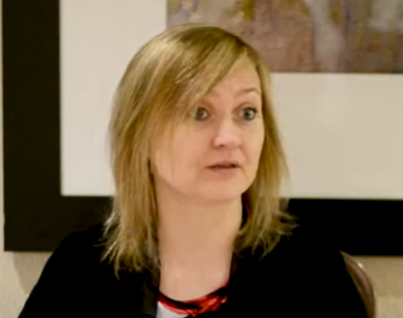The rise of the right-wing Alternative for Germany: Political extremism and the threat of ungovernability
The rise of the right-wing Alternative for Germany: Political extremism and the threat of ungovernability
Even though the results of the Bundesland (state) elections in Germany’s East were accurately predicted, the country is under shock: For the first time in the country’s post-war history, a right-wing party has won a major election. On Sunday, the extremist Alternative for Germany (AfD) became the strongest party in Thuringia (32.8%) and came in as a close second to the centre-right Christian Democrats in Saxony (30.6%). These results constitute a watershed moment in German politics. First, what unfolded in the two formerly Communist states indicates the widespread acceptability of an extremist right-wing ideology (Germany’s intelligence agencies officially declared the AfD in Thuringia and Saxony as ‘certain right-wing extremist’) that propagates aggressive anti-immigrant and authoritarian ideas. Second, the astounding electoral success of the AfD poses some veritable challenges for democracy in Germany:
- The rise of the AfD comes at the expense of traditional centrist parties in Germany. For instance, the Social Democratic Party, leading the governing coalition at the federal level, received only 6.1% in Thuringia and 7.3% in Saxony. In both states, the right-wing party received almost three times the votes of the parties that are currently governing the country combined. The electoral results reflect a dramatic collapse of trust in mainstream parties (the Christian Democrats being the only exception) and a volatility in electoral behaviour formerly unknown to German politics. In a nutshell, support for the parties that have traditionally shaped and supported democracy in Germany has collapsed in these two states. In Thuringia, the AfD and the new leftist populist Alliance of Sahra Wagenknecht (BSW) have jointly received almost 50% of the votes.
- With the striking success of the AfD, the formation of a stable government without the right-wing extremists will be a formidable task. In both states, the CDU (Christian Democratic Union) will try to put together a coalition that, given the positions of Alliance Sahra Wagenknecht, will have to contend with considerable tensions (one central issue will be the position towards Russia and the support for Ukraine). If the CDU follows through with its categorical commitment not to collaborate with the AfD and keep the cordon sanitaire towards the extreme right intact, then the prospects of a stable and effective government are slim. Some commentators have already raised the prospect of a state of ungovernability’ or a political stalemate with no obvious path forward. While the states in East Germany have their distinct political ecosystem, federal politics is not immune to such scenarios.
- Even if the AfD does not gain access to political power, its expanding presence in German politics will have notable effects: Most importantly, the elections in Thuringia and Saxony will move Germany further to the right, providing new political strength to an ideology based on an exclusionary nationalism that targets minorities and people with a migration background. Other parties’ attempts to confront the AfD with an increasingly aggressive anti-immigrant discourse have backfired. Such a strategy has further strengthened the extreme right and its anti-immigrant platform.
- The elections in the two Eastern German states have accentuated a dangerous trend in liberal democracies: They have democratically empowered an extremist party that claims to be ‘democratic’ but perceives and treats parliamentary democracy with contempt. The AfD’s ideas about democracy show no respect for a political culture of deliberation and compromise. This party advocates a form of plebiscitary democracy in which the ‘will of the people’ is imposed by charismatic leaders and is deeply rooted in ideas of an ethnically homogenous people.
Dr. Oliver Schmidtke, Director of the Centre for Global Studies, University of Victoria

